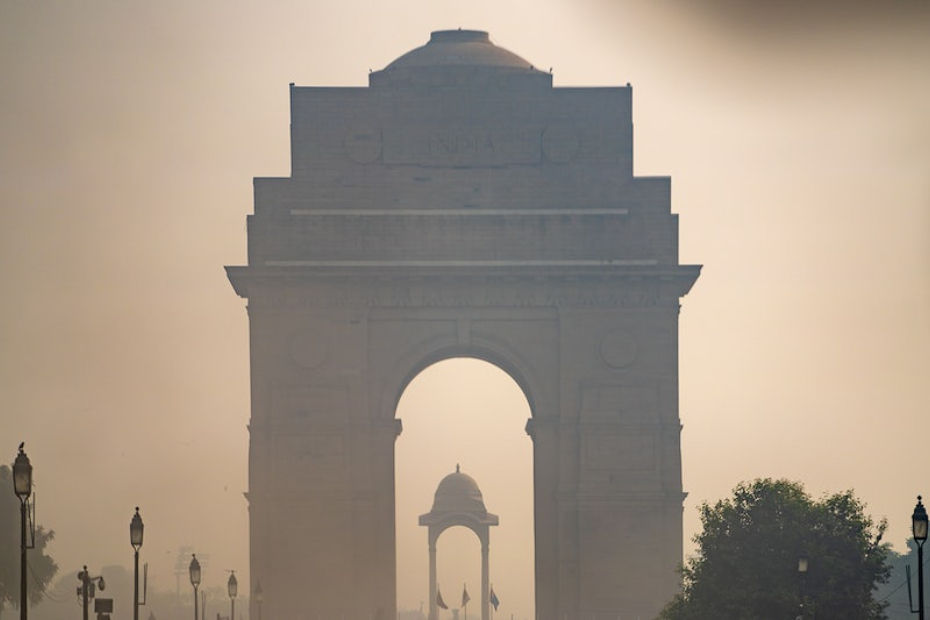Vehicles Contribute To Only 17% Of Total Air Pollution: Supreme Court On Postponing The Odd-Even Rule In Delhi
Modified On Nov 13, 2023 03:59 PM By Ansh
- Write a comment
The Delhi government will consider implementing the odd-even rule after Diwali

-
With the rise of air pollution, Delhi became the most polluted city in the world.
-
The previous implementation of the odd-even rule reduced pollution by 13 percent.
-
It was first used in 2016 and if implemented after Diwali, it will be its fourth use.
-
The Delhi government also plans to use artificial rain to tackle the rising AQI levels.
Like a twisted annual ritual, the air quality of our national capital, Delhi, became so poor that it became the most polluted city in the world. The AQI (Air Quality Index) level was actually rated as ‘Hazardous’ for consecutive days. To stop the worsening conditions, the government of Delhi planned to re-introduce the odd-even rule from November 13 to 20, but after a hearing at the Supreme Court, a decision was made to postpone its implementation.
What Is The Odd-Even Rule?

The odd-even rule was first implemented in 2016 in an attempt to counter the high levels of air pollution in Delhi around this festive period. As per the rule, people were only allowed to take their cars out on alternative days, based on the last digit of their car’s registration number (number plate). A car with an odd number will be allowed on the roads on odd dates and a car with an even number will be allowed on even dates.
The idea behind this rule is to reduce the number of cars on the roads of Delhi, and if there are less cars traveling on the roads, the tailpipe pollution will also be reduced. However, this rule is only applicable to four-wheeler passenger vehicles using petrol or diesel, and not to CNG cars, bikes and commercial vehicles.
Reason Behind Postponing It

When the odd-even rule was proposed once more, this time for 2023, the matter got taken to the Supreme Court to assess its validity given the strain it causes the citizens while also raising the benefits reaped by commercial mobility providers. During the hearing at the Supreme Court, the government presented a report which said that during the previous implementation of the odd-even rule, air pollution was reduced by 13 percent. However, the court pointed out that this report also states that vehicles only contribute 17 percent to the total pollution in the city, so a 13 percent reduction is very small in the larger picture. The benefits of this policy may not be enough to outweigh the impeded freedom of the people.
Other Reasons
Also, in the last few days, the air quality of the region has improved, partly due to recent rain showers, and the AQI (air quality index) went from over 450 to around 300. Due to this change, the Delhi government decided to postpone the odd-even rule till after Diwali, whereupon the situation will be reassessed to see if the policy needs to be implemented to curb the pollution.
The Supreme Court has also asked the Delhi government to make other efforts to reduce the air pollution in the city. The government is also planning to use artificial rain, which will bring the pollutants to the ground and make the air cleaner. We can also contribute by using our vehicles only when necessary and trying to use public transport more, which will help in further reducing pollution caused by tailpipe emissions.
1 out of 1 found this helpful















